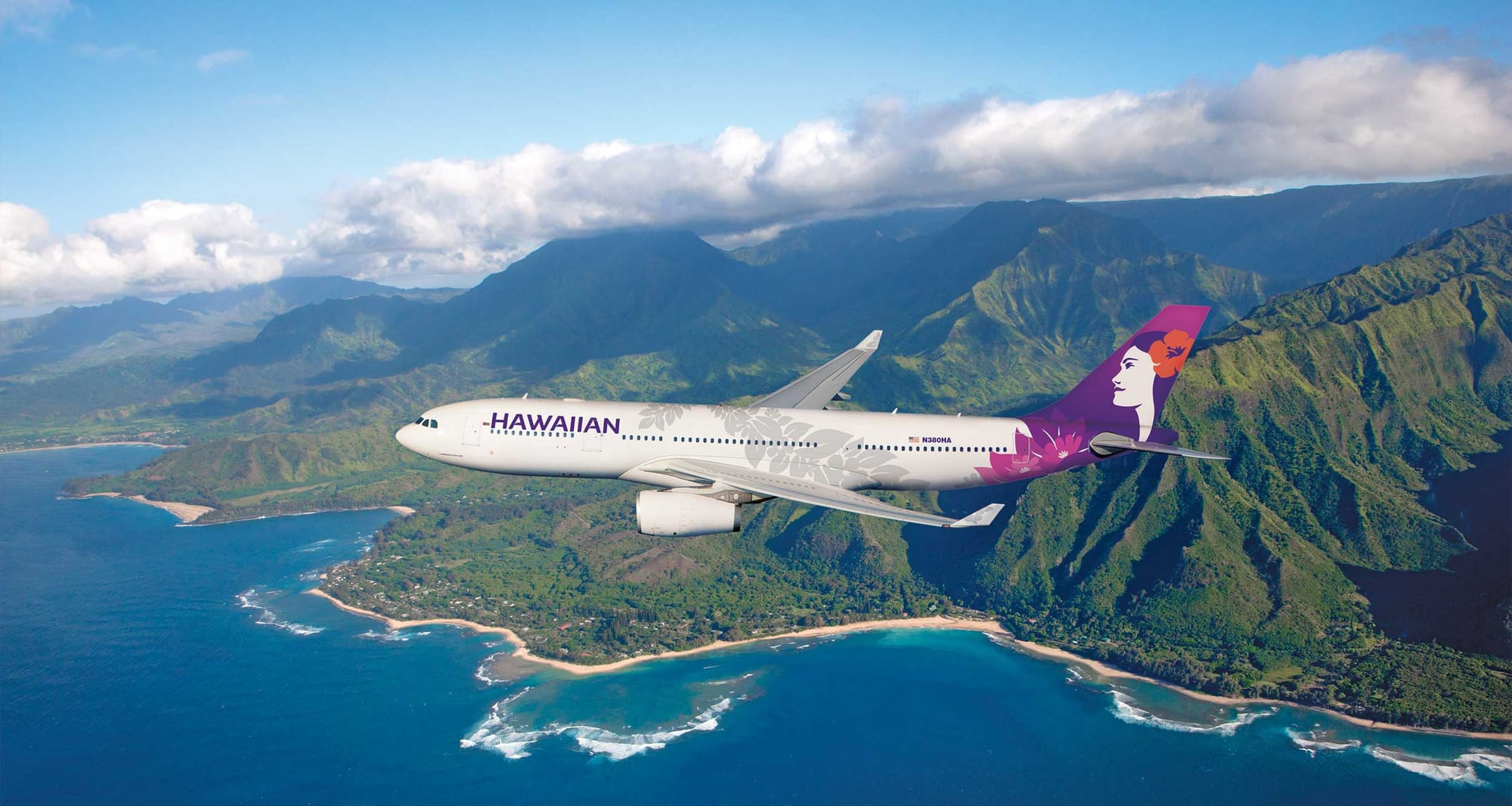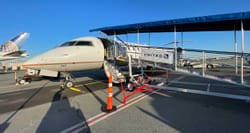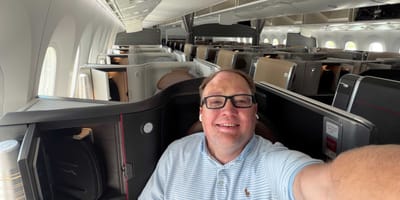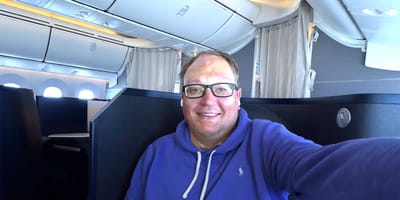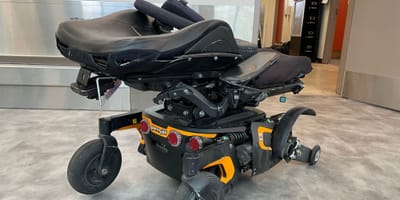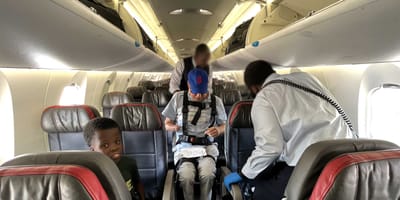Face Mask Exemption for Disabled People — As of February 2021, the Centers for Disease Control and U.S. Department of Transportation require airlines to waive the face mask requirement for qualified disabled people. To learn more about the procedures for getting an exemption at the 10 largest U.S. airlines, click here.
In July, American Airlines and Southwest Airlines were the first carriers to institute a blanket ban on passengers with disabilities who cannot not wear a face mask. Southwest stated that it would “temporarily refuse to transport any passenger who is unable to wear a mask even if the Customer has a verifiable medical condition that prevents them from wearing a mask.”
The majority of other U.S. airlines followed with similar policies, including:
- Alaska Airlines — “If you are unable to wear a mask throughout the airport and for the duration of your flight for any reason, you will not be able to fly with us.”
- Allegiant Airlines — “Only children under the age of 2 are exempt from wearing a face covering. Customers who are not able to wear a face covering will not be permitted to travel.”
- Frontier Airlines — “We require both passengers and employees to wear a face-covering over nose and mouth throughout the Frontier travel experience including ticket counters, gate areas, baggage claim and onboard all flights. The only exception is for children under the age of 2.”
- JetBlue Airways — “Customers with conditions that prevent them from wearing a face covering should postpone travel until this temporary requirement is no longer in place.”
- Spirit Airlines — “Any other Guest who is unable to wear an appropriate face covering for any reason, including medical, will not be permitted to travel with us at this time.”
Buried in a July 22 press release, United Airlines states that “if a passenger believes that there are extraordinary circumstances that warrant an exception, they should contact United or speak to a representative at the airport.” Repeated requests for clarification were refused and, because the statement is not included on the airline’s customer-facing website, I do not believe that United is willing to serve disabled passengers who cannot wear a mask.
That’s 8 of the 10 largest U.S. airlines which have told disabled people with autism, asthma, cerebral palsy, claustrophobia, COPD, PTSD, severe anxiety and other conditions that they are not welcome onboard an aircraft. It is the largest ban on disabled air travel since the Air Carrier Access Act became law in 1986.
These airlines still permit disabled people to fly without a face mask
If you or someone you are traveling with has any of these conditions or is unable to wear a mask due to a legitimate disability, you will only be able to fly on the following carriers:
Delta Air Lines — “Customers with underlying conditions that explicitly prevent the wearing of a face covering or mask are strongly encouraged to reconsider travel or should be prepared to complete a ‘Clearance-to-Fly’ process prior to departure at the airport. If you require this exemption, please arrive early to complete the process during check-in and avoid missing your flight – this process can take over one hour.” (Read the policy)
Hawaiian Airlines — “Guests who are unable to wear a face covering due to a medical condition or disability will be required to complete an assessment with a medical professional via phone at the airport. We recommend arriving at the airport early with ample time to complete the assessment, as the process may take more than one hour, and your flight will not be held. Please notify one of our Guest Services Agents as soon as you are ready to complete the medical assessment.” (Read the policy)
Delta and Hawaiian both require passengers to submit to a virtual medical examination. It is unclear whether these are permitted under the Air Carrier Access Act, but it nonetheless provides a pathway to access that other airlines do not.
Can airlines really ban disabled people from flying?
It is my belief that policies which restrict disabled people from accessing air transportation are a violation of the Air Carrier Access Act, specifically §382.19(a), which states that carriers “must not refuse to provide transportation to a passenger with a disability on the basis of his or her disability.”
Although airlines are permitted to refuse disabled passengers who pose a “direct threat” to the health and safety of others, they are required to conduct an “individualized assessment” of each disabled passenger to consider the following:
- The nature, duration, and severity of the risk;
- The probability that the potential harm to the health and safety of others will actually occur; and
- Whether reasonable modifications of policies, practices, or procedures will mitigate the risk.
Blanket bans like those instituted by 8 of the 10 largest U.S. airlines are not permitted by the ACAA and fail to consider a number of circumstances that would result in a passenger being deemed a non-threat, such as a negative COVID-19 test or self-isolation prior to travel.
What if you booked a flight before stricter face mask policies were put into place?
As recently as August 5th, Alaska Airlines policy stated that “Mask and face covering exceptions include: children under age 2, anyone with trouble breathing, anyone who cannot remove a mask without assistance or anyone with a disability that prevents wearing a mask.” Passengers who purchased tickets at a time when disabled people were granted an exception to face mask policies should ask to be accommodated on another airline free of charge. If your request is refused, file a complaint with the DOT as described below.
What to do if you cannot wear a mask and have been prevented from flying
If you have have a disability, cannot wear a mask and have been prevented from booking a new trip or taking a previously booked trip due to these airline policies, please file a complaint with the U.S. Department of Transportation’s Aviation Consumer Protection Division. Describe your disability and allege a violation of the Air Carrier Access Act.
Note: The Centers for Disease Control has advised that any person who is able to wear a mask should do so. By wearing our masks, we can create an environment where our disabled peers, including those who cannot wear masks, can safely exist and participate in the community.

